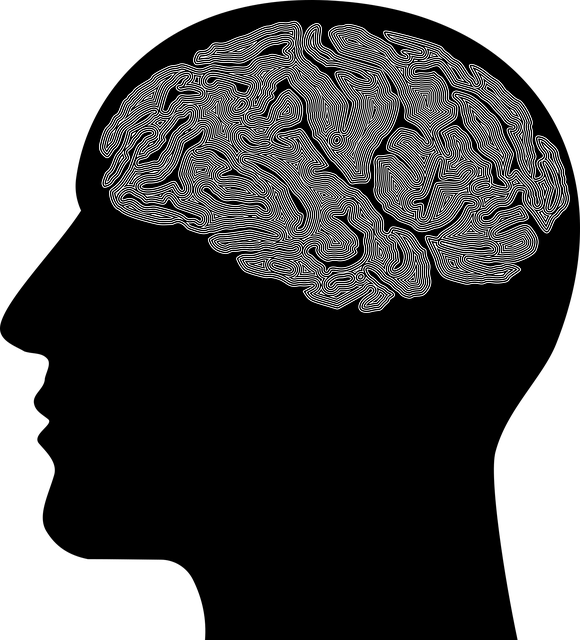Mental health professionals play a vital role in guiding individuals with Oppositional Defiant Disorder (ODD) through tailored Littleton Oppositional Defiance Disorder Therapy techniques. This approach integrates risk assessment, trauma support, burnout prevention, and empathy-building strategies to address underlying causes. By combining individual counseling, family therapy, and skills training, along with stress management and mental health awareness enhancement, professionals create a supportive environment that promotes positive behavior changes and improves outcomes. Cultivating cultural sensitivity is also essential for building strong therapeutic alliances and ensuring ethical standards. Case studies focusing on Littleton Oppositional Defiance Disorder Therapy provide valuable insights into managing complex scenarios effectively.
Mental health professionals encounter diverse risks daily, necessitating a thorough understanding of risk assessment. This article explores critical aspects of integrating risk management into mental health practices, with a specific focus on Oppositional Defiant Disorder (ODD) therapy. We delve into identifying potential hazards, such as those encountered in Littleton Oppositional Defiance Disorder Therapy cases, and present effective strategies for mitigation. By examining real-world scenarios, this guide offers valuable insights to enhance safety and efficacy in clinical settings.
- Understanding Risk Assessment in Mental Health Practices
- Identifying Potential Risks in Oppositional Defiance Disorder Therapy
- Strategies for Mitigating and Managing Risks
- Case Studies: Lessons from Littleton Oppositional Defiance Disorder Therapy
Understanding Risk Assessment in Mental Health Practices

Mental health professionals are tasked with helping individuals navigate complex emotional landscapes, often involving challenging diagnoses like Oppositional Defiant Disorder (ODD) in children and adolescents. Effective risk assessment is a cornerstone of this process, enabling therapists to provide tailored Littleton ODD Therapy and ensure patient safety. It involves a systematic evaluation of various factors that could impact a client’s well-being, including their history, current symptoms, and environmental influences.
By integrating Trauma Support Services into their practices, healthcare providers can address underlying trauma that may exacerbate ODD symptoms. Additionally, Burnout Prevention Strategies for Healthcare Providers are essential to maintaining empathy and resilience when dealing with demanding cases. Empathy Building Strategies, which foster deeper connections between therapists and clients, can significantly enhance the therapeutic process and mitigate potential risks.
Identifying Potential Risks in Oppositional Defiance Disorder Therapy

Identifying potential risks is a critical aspect of Littleton Oppositional Defiance Disorder (ODD) therapy. ODD is characterized by persistent anger, hostility, and defiant behavior, often leading to significant impairments in daily functioning. Mental health professionals must be vigilant in recognizing the unique challenges associated with treating this disorder, such as increased risk of substance abuse, academic difficulties, and interpersonal problems.
Effective therapy involves a comprehensive approach that includes individual counseling, family therapy, and skills training for both the client and their support network. Stress management techniques, mood regulation strategies, and enhancing mental health awareness can significantly mitigate risks. By incorporating these elements, professionals can create a supportive environment, foster positive behavior changes, and improve overall outcomes for individuals struggling with ODD.
Strategies for Mitigating and Managing Risks

Mental health professionals must adopt proactive strategies to mitigate and manage risks effectively. This involves a multifaceted approach that starts with Littleton Oppositional Defiance Disorder Therapy techniques tailored to individual patient needs. By integrating evidence-based practices, therapists can foster positive thinking and coping skills development, empowering individuals to navigate challenges constructively.
Additionally, cultivating Cultural Sensitivity in Mental Healthcare Practice is paramount. Understanding and respecting diverse cultural backgrounds enhances therapeutic alliances, promotes trust, and improves treatment outcomes. This inclusive approach not only ensures ethical practice but also creates a safe and supportive environment where patients feel heard and validated, fostering a more effective healing process.
Case Studies: Lessons from Littleton Oppositional Defiance Disorder Therapy

Case studies, such as the one involving Littleton Oppositional Defiance Disorder Therapy, offer invaluable insights into managing complex mental health scenarios. By examining real-world examples, mental health professionals can learn practical strategies for addressing challenging behaviors and fostering positive change. For instance, this therapy approach highlights the importance of building inner strength in individuals struggling with oppositional defiance. Through structured techniques and compassionate cultivation practices, therapists can help clients develop positive thinking patterns and enhance their coping mechanisms.
Integrating evidence-based methods, like those drawn from Littleton Oppositional Defiance Disorder Therapy, allows professionals to create tailored interventions. By combining insights from case studies with techniques promoting compassion and inner strength development, practitioners can offer more effective care. This holistic approach not only addresses symptoms but also empowers individuals to navigate life’s challenges with resilience and adaptability.
Risk assessment is an integral part of responsible mental health practice, especially in treating complex conditions like Oppositional Defiant Disorder. As highlighted by the case study on Littleton Oppositional Defiance Disorder Therapy, proactive risk management can significantly enhance patient outcomes and ensure the well-being of professionals. By identifying potential hazards early on and implementing effective mitigation strategies, therapists can create a safer, more supportive therapeutic environment. This approach not only benefits patients but also allows mental health professionals to provide high-quality care while minimizing risks in their practice.














